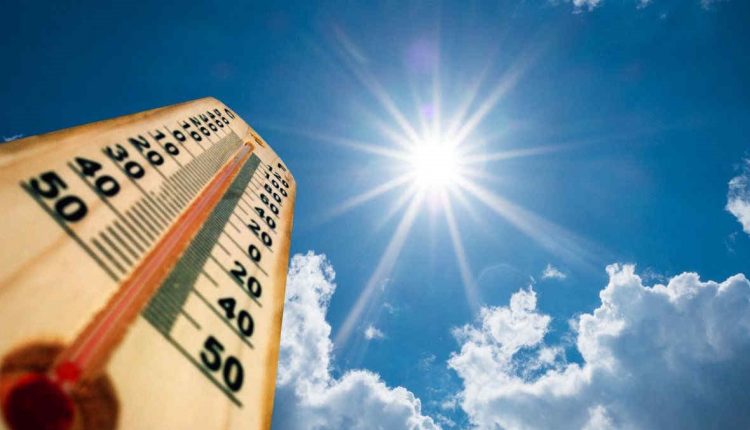
Anxiety, unease and anger: why can they increase in the summer heat?
In recent weeks, temperatures are well above seasonal averages and have easily exceeded 40 degrees in many cities. In this heat it is not only the body that suffers
The physical discomfort that can accompany us during this period, with fatigue, daytime sleepiness and night-time insomnia, reduced lucidity and mental alertness, also puts a strain on the well-being and serenity of the psyche.
Heat: the effects on body and psyche
The psyche is connected to the body.
If the body is sick, the psyche will also experience discomfort.
Excessive heat that goes on for days, as happens during this period, contributes to the emergence and accentuation of certain basic individual characteristics that, in periods of physical and mental well-being, would be easily managed and mitigated by the person.
For example, if a person is of a fuming temperament, easy to get angry and irritated, he will tend to flare up more easily, even for reasons that are perhaps considered futile; similarly, those who tend towards depression will have an even gloomier mood; the anxious will see their state of anxiety increase.
As far as anxiety is concerned, the vulnerability of anxious people to panic attacks is the central element that can affect mental health, particularly during this period.
Physical malaise and panic disorder, in fact, are profoundly linked.
Panic disorder is a condition characterised by a kind of difficulty in feeling good from a physical point of view, a condition that is accentuated and exacerbated when the heat has such a profound impact on physical well-being.
Heat: why it is more difficult to deal with negative emotions
This abnormal heat has arrived at a time that is already not easy for our minds to handle.
The very high heat, together with the crisis, fear over the effects of the drought, uncertainty about the future, and the pandemic that is still present, further increases the general sense of unease.
High temperature and pandemic, together, are experienced by our mind as a danger signal that activates the emotional part, particularly that of negative emotions such as disgust, anger, sadness, fear.
This situation therefore makes it more difficult to manage our emotions.
While it is well known that the elderly are the most physically frail in these temperatures, it is important to remember that it is the anxious ones who have the worst of it when the temperatures do not drop.
With the body in pain, the anxious suffer more than those who do not suffer from anxiety and than at other times of the year, and this especially affects people who suffer from anxiety with panic attacks.
According to one of the main theories, panic is associated with a kind of false suffocation alarm, so the lack of air, which is experienced by many as a real fact in this hot period, for those suffering from anxiety is a reason for further discomfort.
Being very anxious today, however, is not necessarily a sign of mental pathology: it can instead be a sign of a difficulty in adapting to the whole context, the pandemic, the heat, which make this year, a particularly difficult year for the anxious.
Therefore, it is advisable to talk to an expert and ask for help in order not to be overwhelmed by negative emotions and anxiety.
Read Also:
Emergency Live Even More…Live: Download The New Free App Of Your Newspaper For IOS And Android
First Aid For Dehydration: Knowing How To Respond To A Situation Not Necessarily Related To The Heat
Children At Risk Of Heat-Related Illnesses In Hot Weather: Here’s What To Do
Diabetes In Summer: Tips For Safe Holidays
Heat And Diabetes: Here Is The Decalogue For A Safe Summer



